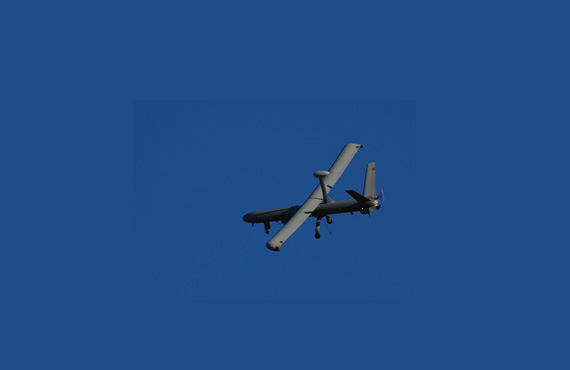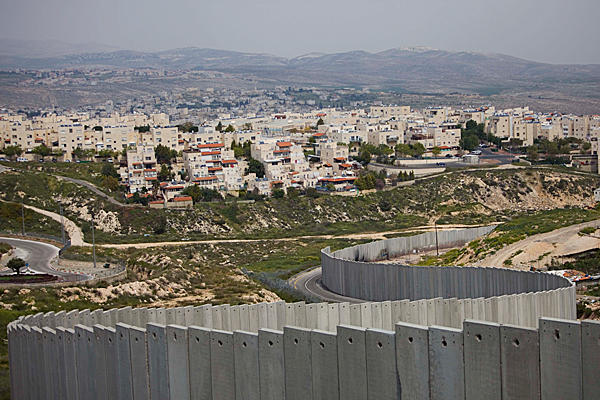Tag: BDS
-
Who Profits report: Corporations profit from Israeli prisons
26th January 2014 | Samidoun: Palestinian Prisoner Solidarity Network Who Profits released the following report on the involvement of Israeli and multinational corporations in the Israeli prison system: On December 2013, the Israel Prison Service (IPS) responded to a freedom of information request by Who Profits, which was submitted three months earlier, regarding twenty-two corporations that provide services…
-
Gaza: Life beneath the drones
25th January 2014 | Corporate Watch, Tom Anderson and Therezia Cooper | Gaza, Occupied Palestine In the Gaza Strip there is no escape from Israel’s drones. Nicknameed ‘zenana’by Palestinians because of their noisy buzzing, the drones (remote control aircraft) are omnipresent. Sometimes they are there to carry out an extra judicial killing and sometimes they are there…
-
Firms active in the settlements are facilitating abuses of human rights – UN report says
24th January 2014 | European Coordination of Committees and Associations for Palestine | Brussels, Belgium The UN report is the result of a mission investigating Israeli settlements in the West Bank, including East Jerusalem. Information gathered by the mission shows that private firms have enabled, facilitated and profited, directly and indirectly, from the construction and growth of the…



